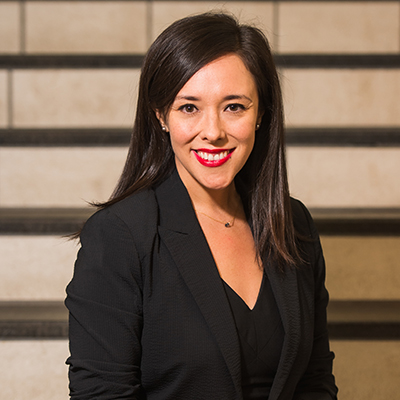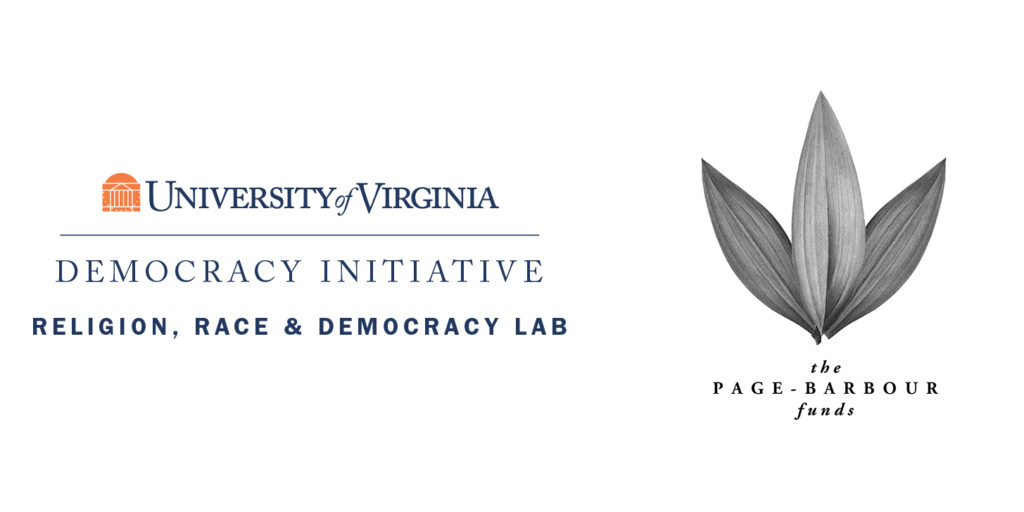Join Philosopher of Religion Niki Kasumi Clements, who will teach us how to think about the difference between practices, technologies and hermeneutics of self in the work of French philosopher Michel Foucault. In doing so, Clements will illuminate some of Foucault’s late unpublished writings and draw upon her research at the Bibliothèque nationale de France. For the full abstract of the talk, click here.
In-person registration is full, but we encourage you to join us on Zoom. To register, click the button below.
Part of the symposium, Making Up Selves: The Operating Instructions.
Information for Attendees
- Visitor parking is available at the Central Grounds Garage, located at 400 Emmet Street. The hourly rate is $2.50.
- Prefer to attend the event on Zoom? Register at this link instead.
Event Map
About the Speaker

Niki Kasumi Clements
Niki Kasumi Clements is the Watt J. and Lilly G. Jackson Assistant Professor of Religion and the Allison Sarofim Assistant Professor of Distinguished Teaching in the Humanities at Rice University. Dr. Clements is an ethicist working at the disciplinary intersection of philosophy of religion and late ancient Christianity, notably on questions of daily practices, agency, and subjectivity. Clements’s first monograph, Sites of the Ascetic Self: John Cassian and Christian Ethical Formation (2020), approaches these questions through the practical ethics of John Cassian (c.360-c.435), the late ancient ascetic whose views of human ability (departing from his contemporary, Augustine of Hippo) contributed to new forms of life in a shifting empire.
Clements’s research for her second monograph, Foucault the Confessor, engages philosopher Michel Foucault’s fascination with Christianity and ethics through both his published works and the archives at the Bibliothèque nationale de France. The posthumous publication of History of Sexuality, Volume 4, Confessions of the Flesh (2018, trans. 2021) confirms the extent of his engagement with early Christianity and ancient sexual ethics as an art of living; it also confirms just how important the study of religion is for engaging Foucault’s work on subjection, alongside the possibilities for self-formation and challenges to structures of domination.
Influenced by her mentors at Brown University (Ph.D., 2014), Harvard Divinity School (M.T.S., 2007), and Sarah Lawrence College (B.A., 2003), as well as her students at Rice, Clements’s teaching and service share her research attention to recognizing human ability and critiquing structural disparities.
Co-Sponsored by


